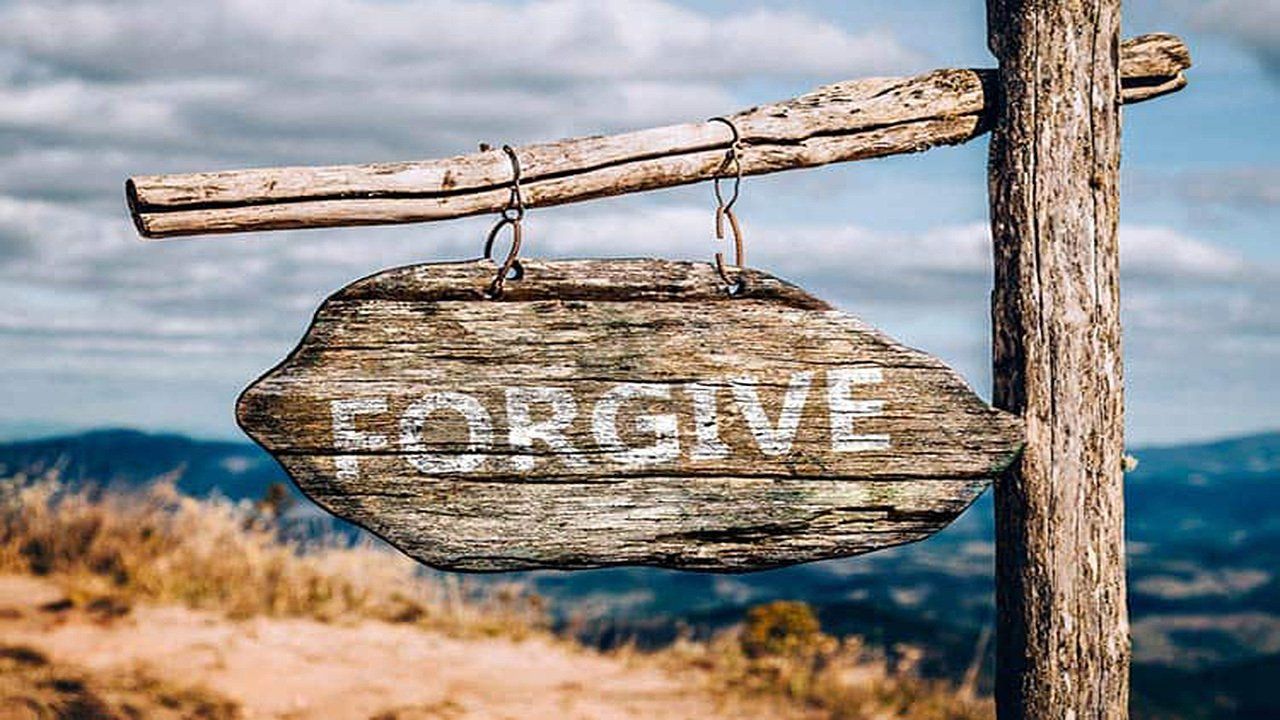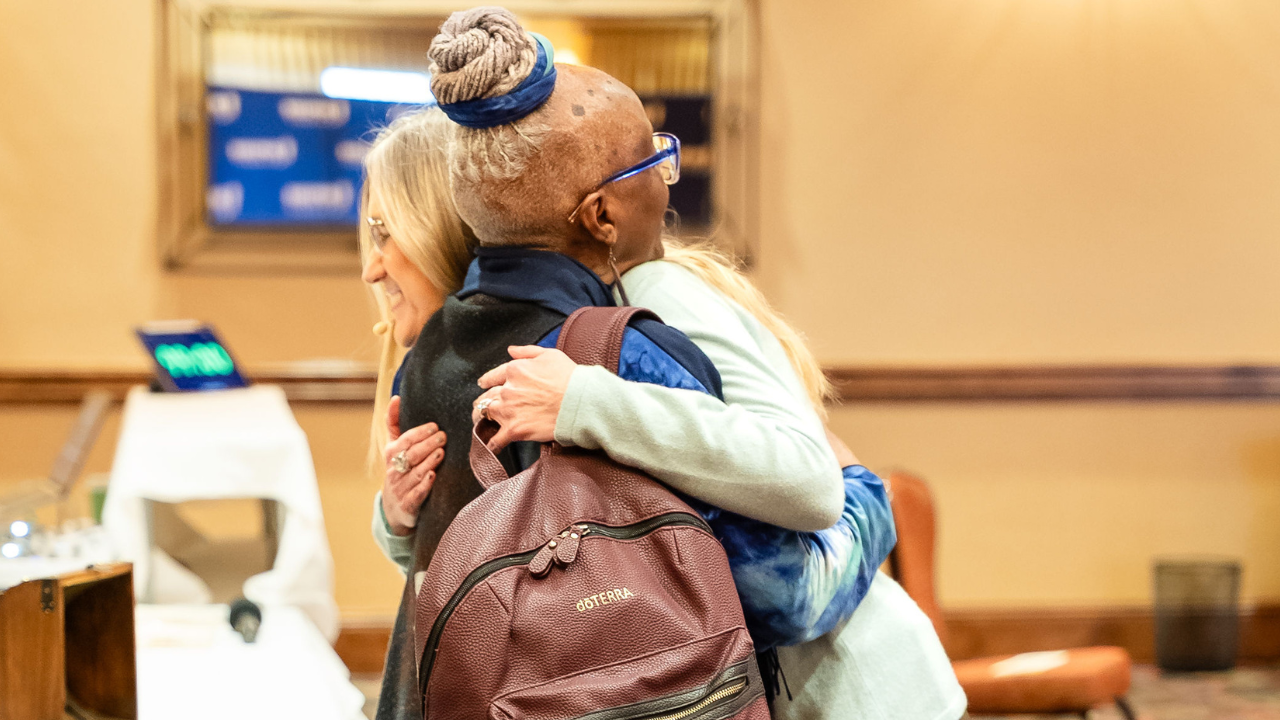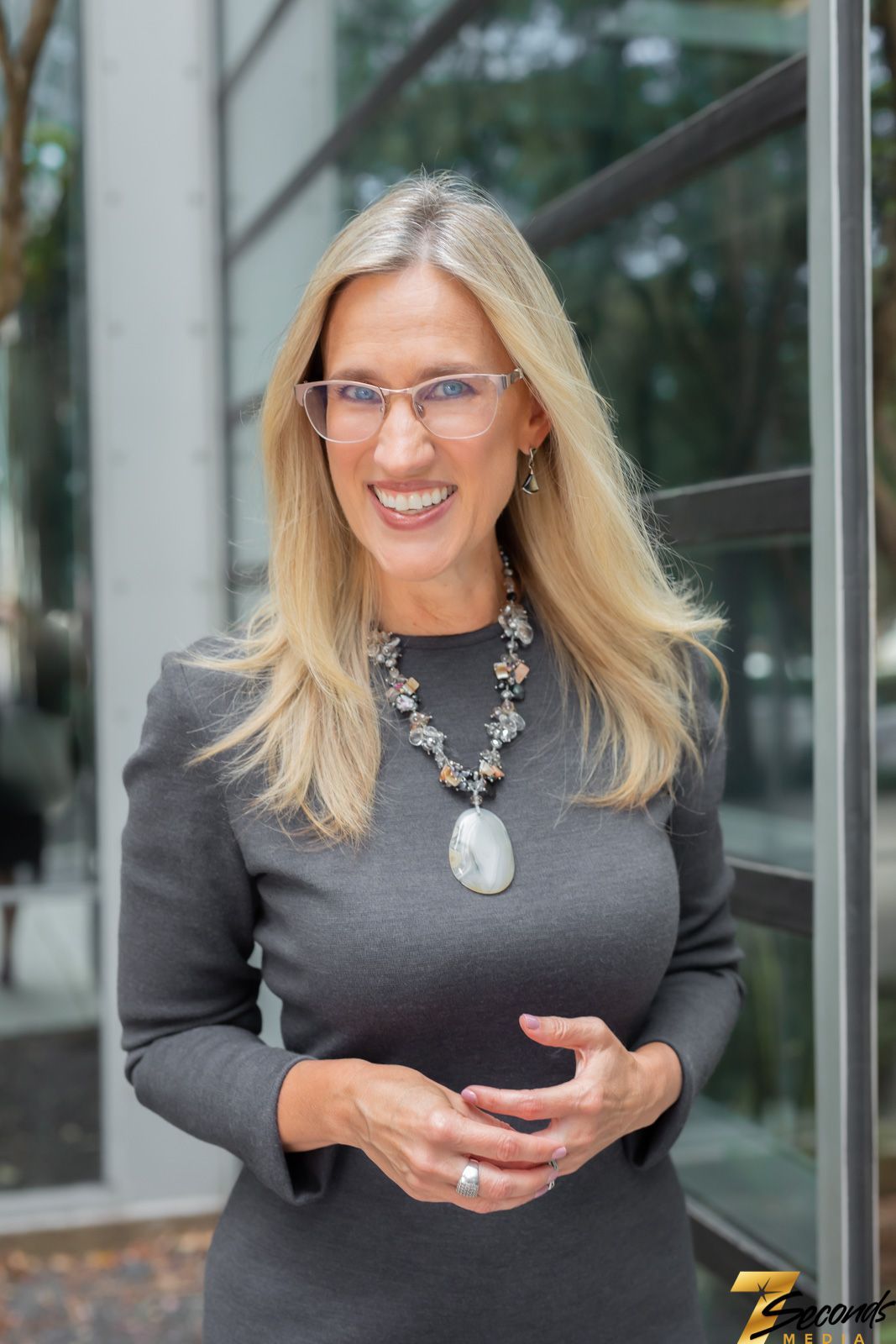How Forgiveness is Important to Your Professional Life

Over the past 2 ½ decades, I’ve been studying personal and professional leadership.
What does it take to be a leader worth following? Really.
Are there unspoken qualities or characteristics beyond the typically researched list that includes integrity, visionary, inspirational, and competent?
And, what qualities get in the way of leaders being positive agents of change?
Because Leadership with a capital “L” encompasses many facets of beingness, I’m often looking at the deeper cause and effect of what makes leaders great.
When you take art and science and blend them together through practical wisdom and case studies, what shows up isn’t always what you would expect to find.
70% of my clients own their own businesses, and the remaining 30% work for an organization and want to eventually leave the organization to more fully pursue their mission and calling.
This means I get to work with corporate managers and executives as well as small business owners and entrepreneurs alike.
What I have shared with each of them is that owning a business is one of the greatest leadership and personal growth journeys you could ever take.
It challenges who you are as a person – and what you’re capable of being— as the being always comes before doing.
In addition to coaching, companies hire me to deliver leadership training seminars and workshops inside their organizations.
Ten years ago when I was sitting around a board room table conducting a gap analysis, I realized there was a piece missing within the organization in order for the executives to move forward.
The missing ingredient? Forgiveness.
What was fascinating about this discovery was the realization that I needed to embark on my own forgiveness journey in order for me to be able to speak about this with any credibility.
The dizzying journey then led me to countless trainings and leaning into vulnerability in my business.
The culmination of walking this path led me to be invited last year to sit on the board of Project Forgive, a global non-profit created to alleviate suffering in the world.
In December 2017, blogger Amy Swift Crosby wrote a post entitled “Resentment” that was ultimately about freedom.
In her article, she shares an experience early in her career where she received a note that rocked her to the core – and how she still can’t fully shake the feeling associated with this message.
Amy goes on to write, “Shame is the quietest emotion, and what it often turns into is resentment.
It’s the secret we keep about the wrongs we experience in private.
It’s the voice that says you deserved it, because whatever they said was true.
It’s the thing you might secretly think of yourself, that someone else just confirmed…it festers and grows when left in the dark.”
Whoa.
As I examined my own leadership journey, I gave pause and remembered the times when I felt ashamed for choices I made.
- The times when I missed out on an opportunity because I was too scared to step in.
- The times when I sabotaged my success out of fear.
- The times when I agreed to work for less money because I didn’t value my own worth.
I also recalled the countless stories where the incredibly inspiring leaders that I am honored to work with shared something vulnerably, and I could hear the shame in their messages.
While the definition of shame is “a feeling of guilt, regret or sadness that you have because you know you have done something wrong or inappropriate”, sometimes it is only the perception of having done something wrong.
I’ve heard the shame and embarrassment of:
- Not following-up
- Failing to take action
- Wasting time
- Not making enough money in their business
- Working long hours
- Missing family commitments
- Not getting “enough” done And, the list goes on and on…
Shame requires forgiveness.
Forgiveness of oneself and others. And, if there is no forgiveness then shame can fester and mutate into resentment– of others, a system, an organization…
Without forgiveness, you will struggle to move forward.
Without forgiveness, your thoughts can hijack your actions.
Without forgiveness, you cannot be a leader worth following.
When you shine light on shame and step into full forgiveness, you will breathe easier and be able to fully step into your mission and calling.
And, when you work inside a larger organization, it will enable you to be more compassionate to those you work with even when you’re dealing with challenging situations.
Forgiveness increases your EQ, or emotional intelligence, and gives you the freedom to lead authentically.
Years ago when I walked that group of leaders through exercises around forgiveness, they were struck by the amount of resentment that had crept into the organization and how it had doomed valuable projects that then crashed and burned.
Comfort doesn’t change the world. Vulnerability changes everything.
Step into freedom with forgiveness.
Action:
Forgiveness is Important - Lisa Marie Platske
The Upside Challenge is to examine where do you hold a resentment? If you look behind the resentment, deeper into the situation to where it started, can you spot the shame? Can you see who you need to forgive? And, will you make that commitment to yourself to do so in order to fully move forward.
Life is change. Growth is optional. Choose wisely. Lead Upside.
The world needs you and your brilliance.











